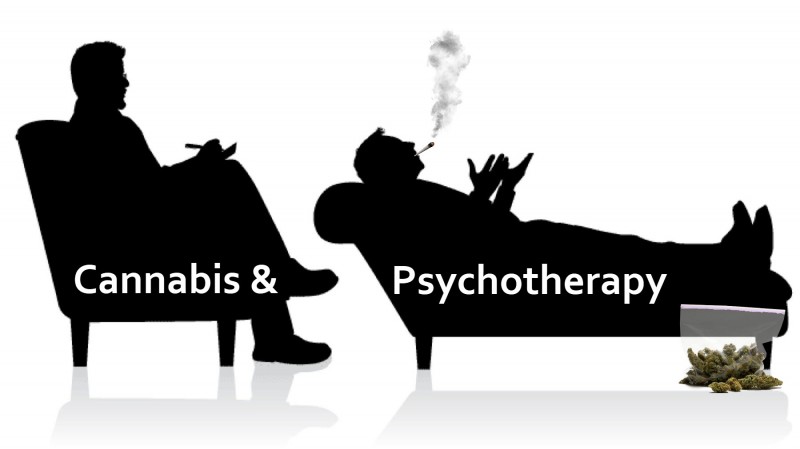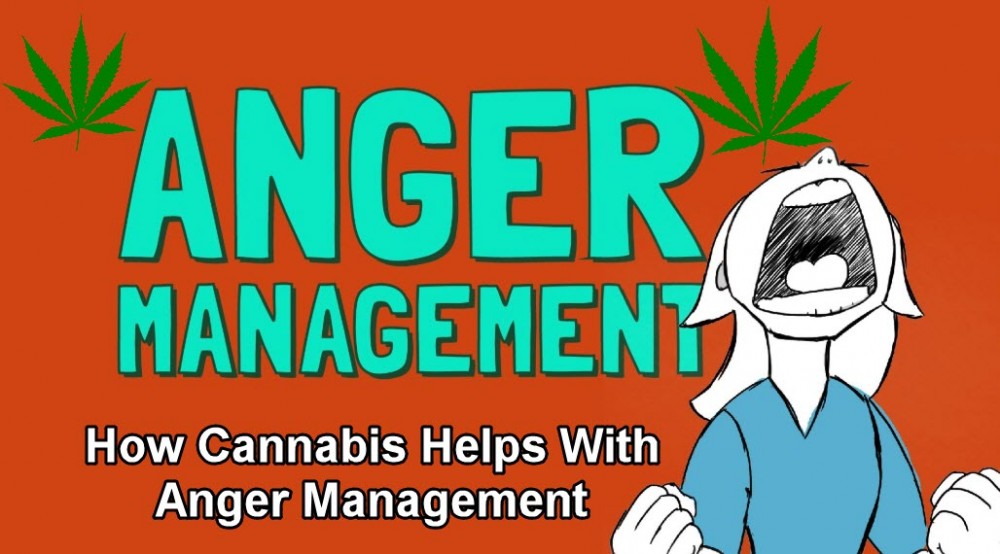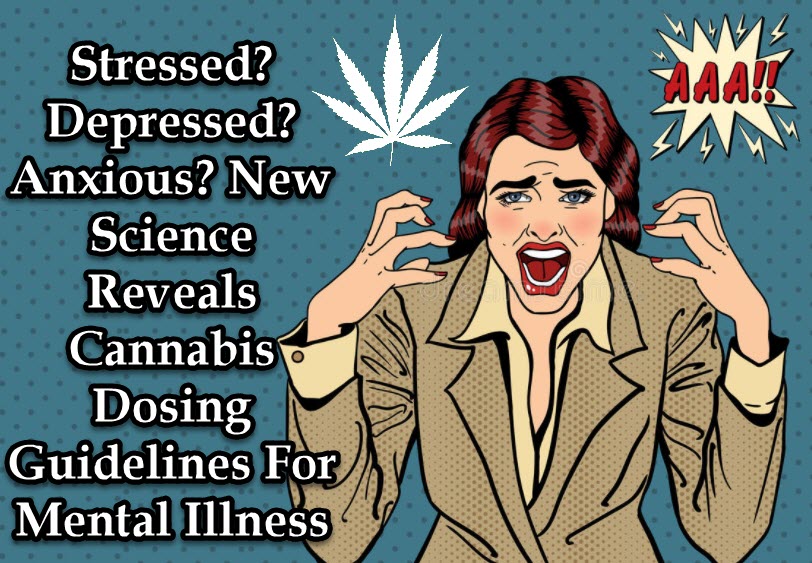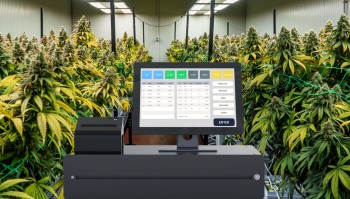A detailed analysis of Cannabis and Psychotherapy
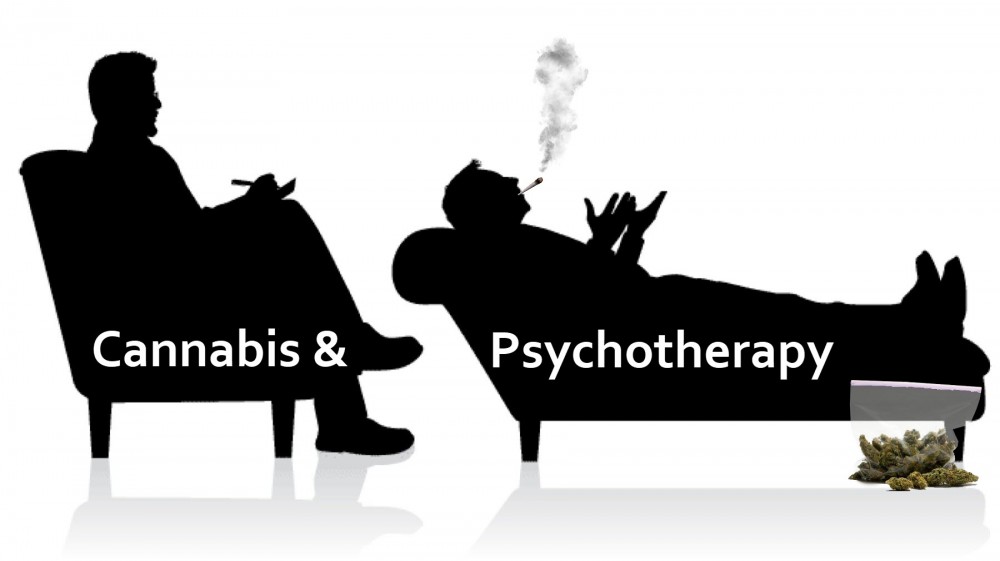
Cannabis is well known for its general health benefits which are gradually expanding as its use is being expanded into more novel fields with clinical trials being done into its use for a variable number of conditions. One of such fields in which the use and medicinal benefits of cannabis are growingly attracting attention is in the sphere of psychotherapy.
Psychotherapy involves classes of mental health conditions such as depression, PTSD, Schizophrenia, and bipolar disorders and some patients with such conditions have been known to use cannabis as a complementary form of medicine against the conditions.
It must, however, be clearly stated that there is still not enough literature on the subject matter of the use of cannabis in psychotherapy as a number of studies are still being carried out. Cannabis contains THC and CBD which are known to have effects with the brain and elicit certain body reactions. It is on this basis that it is used for some mental conditions. A closer look into the relationship between the constituent of cannabis and the effects of some of these conditions gives a better picture of why cannabis seems to have a role in psychotherapy.
Cannabis and Depression
The effect of cannabis is different and unique for every type of mental illness. The conditions themselves are unique in presentation and symptoms. Depression is a mental health condition which is characterized by low mood states, low self-esteem, insomnia, restlessness. The symptoms and states associated with depression are greatly controlled with the use of cannabis due to the action of CBD and THC and other cannabinoids present in the plant. Cannabis is known to promote a healthy balance while boosting mental health due to the presence of CBD. Cannabis use as a complementary drug has also been shown to play a significant role in helping. The characteristic ‘high’ associated with its use to produce the necessary effect needed to counteract the moody state of depression. This obviously is one of the reasons for the increase in its use in psychedelic therapy as a complementary drug. However, it must still be made known the effects of cannabis alone as a remedy to depression for long term recovery have not been fully proven given that works of research into the picture of the full mechanisms in play are still ongoing.
Cannabis and Bipolar Disorder
Bipolar disorder is a mental health condition that is characterized by alternating episodes of high bursts of energy and episodes of low activity and mood. THC is known to enhance relaxation, reduce stress, and produce a calming effect which can be seen to alleviate the state of intense energy shown in bipolar patients. The side effects of THC also include anxiety and paranoia at high doses which makes the mix of the activity as well as the side effects of THC present in cannabis the right complementary drug to be used for a specific condition like bipolar disorder. Much like other mental health conditions, the use of cannabis for bipolar disorder has not gained enough prominence due to the fact that studies are still ongoing hence conclusions on the usability cannot be seen across the board yet.
Cannabis and PTSD
Post-traumatic stress disorder (PTSD) is a mental health problem associated with an anxiety disorder and characterized by a pathological fear response, insomnia, and mood swings. The hippocampus is a part of the brain that is associated with learning and memory and the hippocampus is very important in conditions such as PTSD. THC and CBD have been known to facilitate relaxation which accounts for its effectiveness against anxiety disorders and symptoms common to PTSD. The effect od cannabis to give a calming effect though widely known cannot be truly used alone as the basis to justify its use for PTSD due to the fact that varying results have been observed from person to person meaning the jury is still pretty much out on the full extent of the effects cannabis has either in combined treatment alongside other psychedelics or alone.
Cannabis and Schizophrenia
CBD due to non-psychotropic nature is commonly used in clinical trials to try to elucidate its ability to treat mental health problems. One of such mental health conditions is Schizophrenia. Schizophrenia is a mental health condition that is characterized by impairment of the cognitive abilities of a person. Cannabis, contrary to beliefs that it can worsen the condition actually has therapeutic potential for treating the symptoms attributed to schizophrenia. This character is shown by the action of cannabinoids in the cannabis plant to reduce psychotic symptoms as well as to improve learning and memory of the patient to correct the cognitive impairment seen with schizophrenia. Much like the previously treated mental health problems, the use of cannabis in psychotherapy of schizophrenia is still in the advanced study as clinical trials are still being carried out to fully map out and elucidate the extent to which it can be relied upon.
Conclusion
A definite conclusion cannot be reached on the subject matter of the use of cannabis in psychotherapy seeing as there is still a need for more studies to be carried out. THC and CBD definitely show signs of promise due to the reduction in adverse effects when compared to other drugs. CBD also due to its non-psychotropic nature is sure to reduce addiction upon usage. While the potential of cannabis in Psychotherapy is obvious even to the blind, there is still need for much more concrete studies looking into how cannabis can be fully harnessed for mental health conditions.
CANNABIS AND THERAPY, READ MORE...
HOW CANNABIS HELPS WITH ANGER MANAGEMENT SESSIONS!
